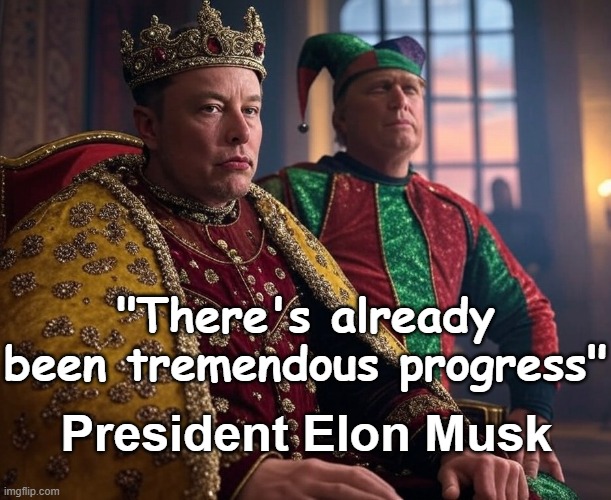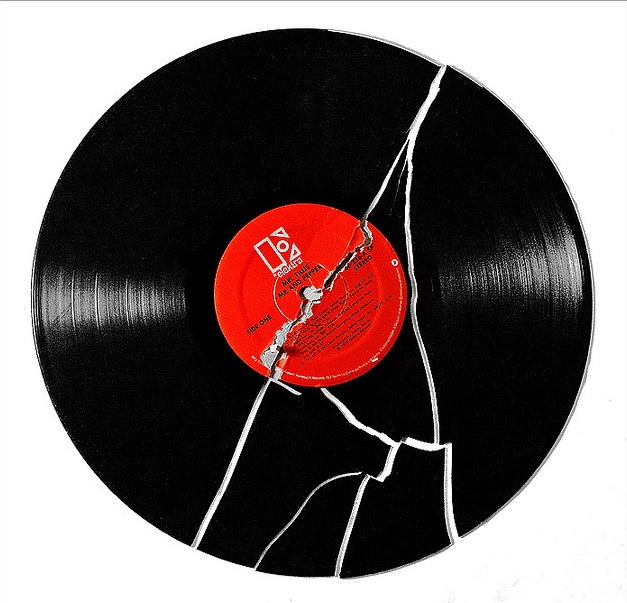Actually, I can see OSHA or the similar MSHA being a necessity as employers did neglect safety to a serious degree. For example, in the first two years the US was in WW 2, more people were seriously injured or died from industrial accidents than in combat worldwide. It was literally more dangerous to be a factory worker than a soldier in the army.
It is more dangerous just wandering your home. Factories generally don't leave toys and stuff to trip over, and are better built than homes are.
The 1st line of safety is the worker himself. He has the best interest in his own welfare than anyone else. If a factory is dangerous, he should leave and find a safer place to work.
That sort of thing calls for common sense regulations and oversight.
...such as?
The problem comes when the bureaucrats and regulators adopt a "zero tolerance" mentality towards safety.
Which is really not obtainable. The safest factory is a closed one.
That is, ALL injuries, deaths, and accidents MUST be eliminated. Then the crazy starts. So long as there's someone keeping the regulators on a very short, tight, leash, things can be made reasonably safe where the costs of safety don't become prohibitive.
Mike Rowe feels the same way for the same reasons. So do I. You even pointed this out, so I assume you also agree with his arguments.
Safety is primarily the responsibility of the worker. Education on safe practices are easily the responsibility of the employer. It's not OSHA that makes anything safer. It's lawsuits and self awareness.
Now let's look at a 'common sense' regulation (actually a building code) that helps to keep people safe. NFPA 70, otherwise known as the National Electric Code.
This code is developed by electricians and firemen. In other words, a committee made up of people in your industry. This is not developed by OSHA or the government. Governments, however, will turn to it as a regulation because it's so effective.
Similar codes are developed for handling and manufacturing explosives, including fireworks, including close proximity fireworks such as used in rock concerts and movie sets. Those are developed by pyrotechnicians and firemen. Again, developed by the industry, not government.
Say a factory leaves a safety guard removed on a piece of machinery. If an accident occurs, that can result in a hefty lawsuit. OSHA isn't even needed here. Factories have a financial incentive to create and maintain a reasonably safe workspace.
OSHA is not needed and is not effective at improving safety.



